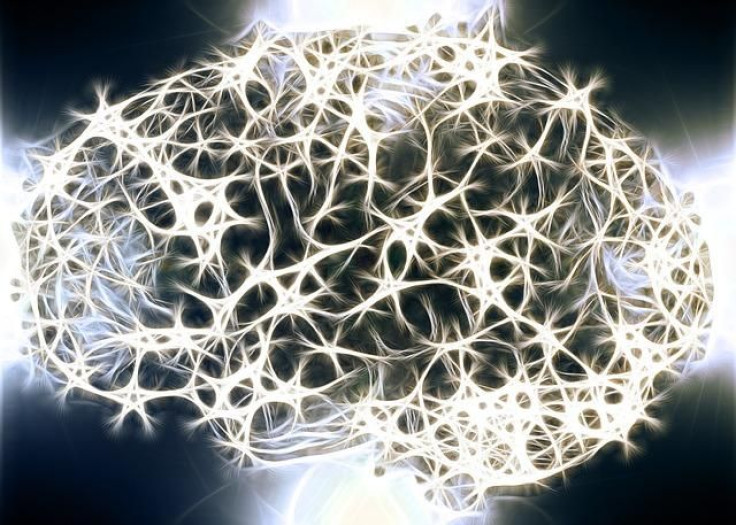HIV Infections May Cause Brain Damage And Learning Difficulties

We are aware of the devastating effect HIV can have on the immune system, but a new studysuggests the virus may also adversely affect brain development. In groundbreaking research, scientists have found young HIV positive patients with limited or no treatment for their condition had significant disruptions in brain structure, poorer strength and efficiency of connections, and lessened cognitive performance, when compared to their peers without the virus.
A new study published online in Brain Connectivity found that limited-treated or untreated HIV infections in young adults may affect their brain connections, which in turn compromises their cognitive abilities. The study found that, in addition to having visible structural and connectivity differences from uninfected peers, HIV positive young adults performed worse on cognitive tests involving tasks such as learning and recalling information.
"The most interesting aspect of this study was that it was performed in young adults with limited or no history of HIV treatment.” explained Christopher Pawela, PhD, Editor-in-Chief of Brain Connectivity in a statement. "The fact that the authors were able to detect changes in such a resilient young population gives credence to the hypothesis that HIV infection is associated with brain alternations and corresponding abnormalities in cognitive abilities."
In the study, the team looked at 29 HIV positive adults with a mean age of 25 who either had limited or no treatment for their infections, and 16 control young adults. All volunteers in the study lived in South Africa. MRIs were used to take scans of the young adults brains, taking into account both brain structure and the amount of connections between different areas of the brain.
Results indicated that HIV positive volunteers had significant disruptions to whole-brain networks. According to the study, these were characterized by weaker structural integration, connection strength, and structural segregation than HIV negative controls.
“Results from this study indicate disruption to brain network integrity in treatment-limited HIV+ young adults with corresponding abnormalities in cognitive performance,” the study concluded.
Although it’s not yet clear what is driving this difference in cognitive abilities, the study cites that inflammation caused by initial HIV infection may be to blame. According to the research, inflammation occurs soon after viral entry into the CNS and is associated with the release of proinflammatory enzymes and proteins in response to HIV-infected cells. These injuries are distributed widely throughout the brain and are related to white matter damage as well as cognitive impairment.
While the subjects in this study resided in South Africa, according to the Center for Disease Control and Prevention, HIV infections among young adults are a worldwide problem, and in 2015, individuals aged 13 to 24 accounted for 22% of all new HIV diagnoses in the United States.
Source: Baker LM, Cooley SA, Cabeen RP, et al. Topological Organization of Whole-Brain White Matter in HIV Infection. Brain Connectivity. 2017











